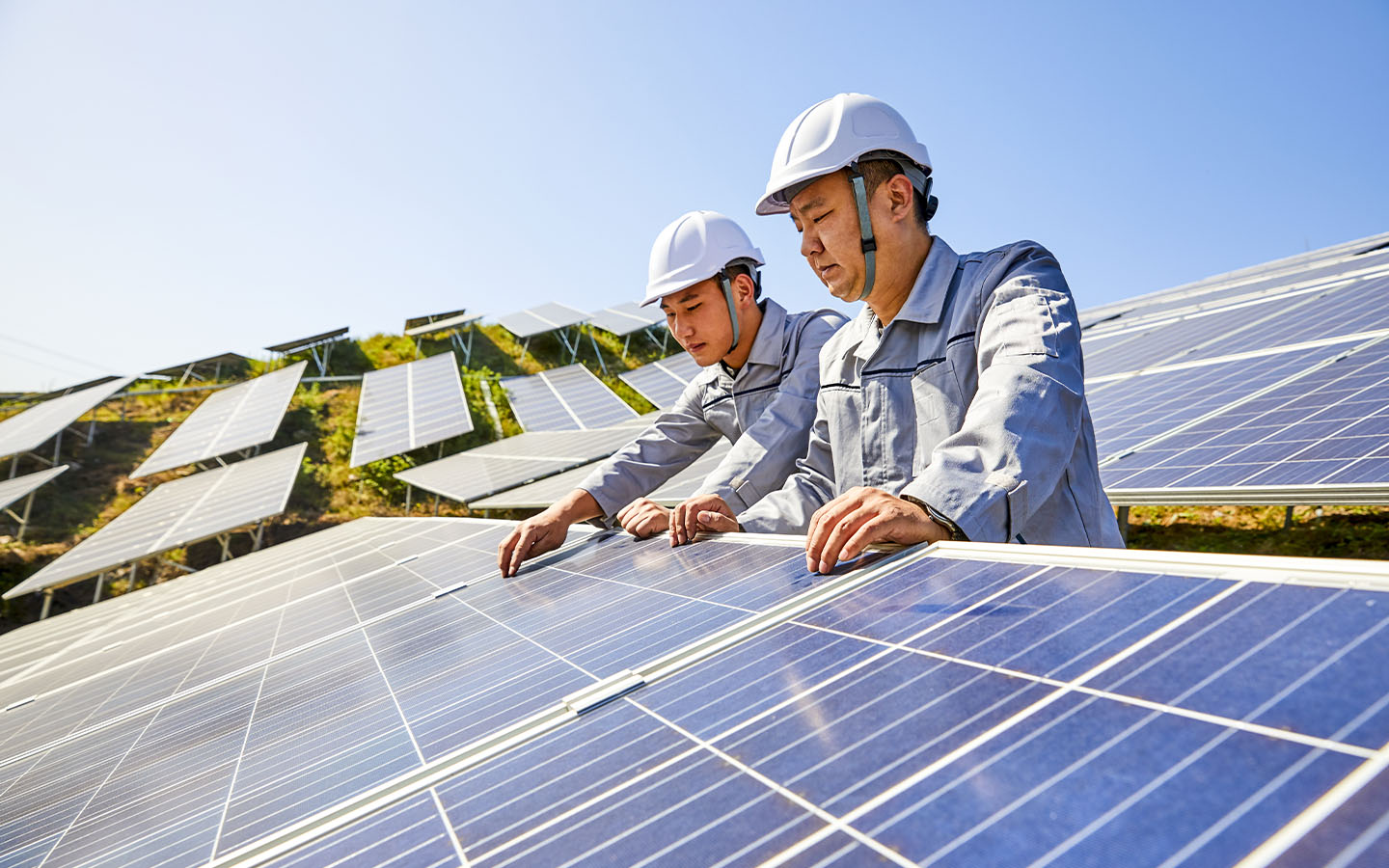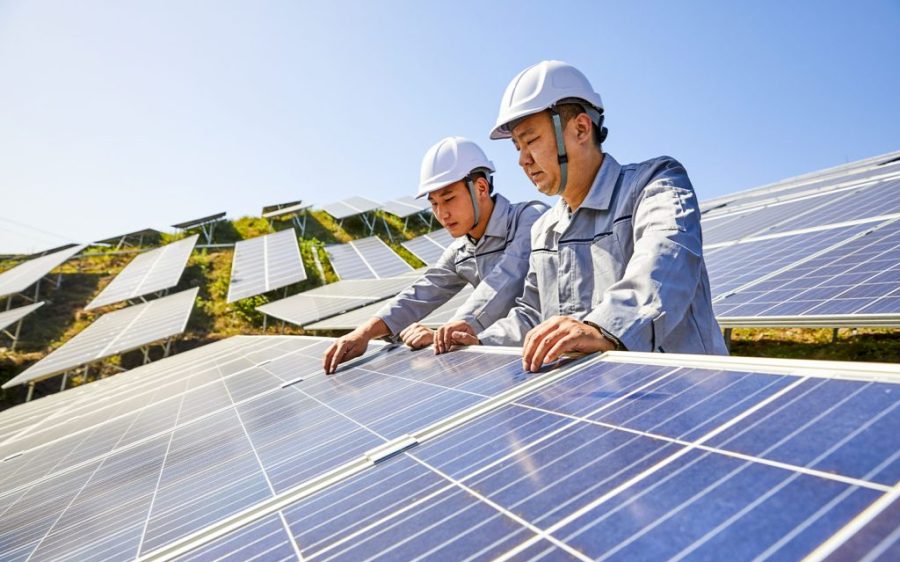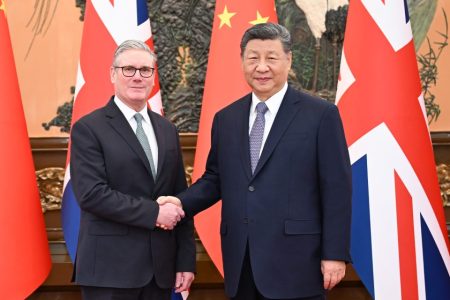Clean energy technology bolstered the Chinese economy in a big way last year, according to a study by Carbon Brief, which found that the relevant sectors injected 13.6 trillion yuan (US$1.9 trillion) into the local economy, accounting for a little over 10 percent of the nation’s 2024 gross domestic product (GDP) of 134.91 trillion yuan (US$18.8 trillion).
The Centre for Research on Energy and Clean Air (CREA), which conducted the study, defined clean energy as “renewables, nuclear power, electricity grids, energy storage, EVs and railways,” and their related fields.
The current figures mark an increase over 2023’s results, which saw clean energy contribute 9 percent of China’s GDP. In 2024, the clean energy industries also exceeded both agriculture and real-estate sales, whose values were 9.1 trillion yuan (US$1.25 trillion) and 9.6 trillion yuan (US$1.32 trillion) respectively.
By industry, electric vehicles (EVs) and batteries made up the greatest proportion of the Chinese clean-energy economy last year, accounting for 39 percent of its value or 5,281 billion yuan (US$725 billion).
[See more: China will set another solar power record in 2024]
Solar was second, with its various sub-sectors injecting 2,803 billion yuan (US$385 billion) to the economy. Other industries that are helping to fuel the clean energy sector include wind, hydropower and nuclear, which collectively boosted the Chinese economy by 1.9 trillion yuan (US$264 billion).
One of the authors of the report, Lauri Myllyvirta, highlighted the importance of the analysis, telling the Straits Times that it proves “that clean-energy investment can be a major driver of economic growth and investment.” He added that the positive economic findings will further incentivise the central government to “sustain the rapid growth of the sector,” which will help in dealing with climate change.
In contrast to the US, which has been rolling back climate change measures and redirecting its focus back to fossil fuels under the new Trump administration, China remains committed to expanding its clean energy industry.
The nation is currently the world’s leading EV and battery maker and has invested more than any other country in terms of sustainable energy.






